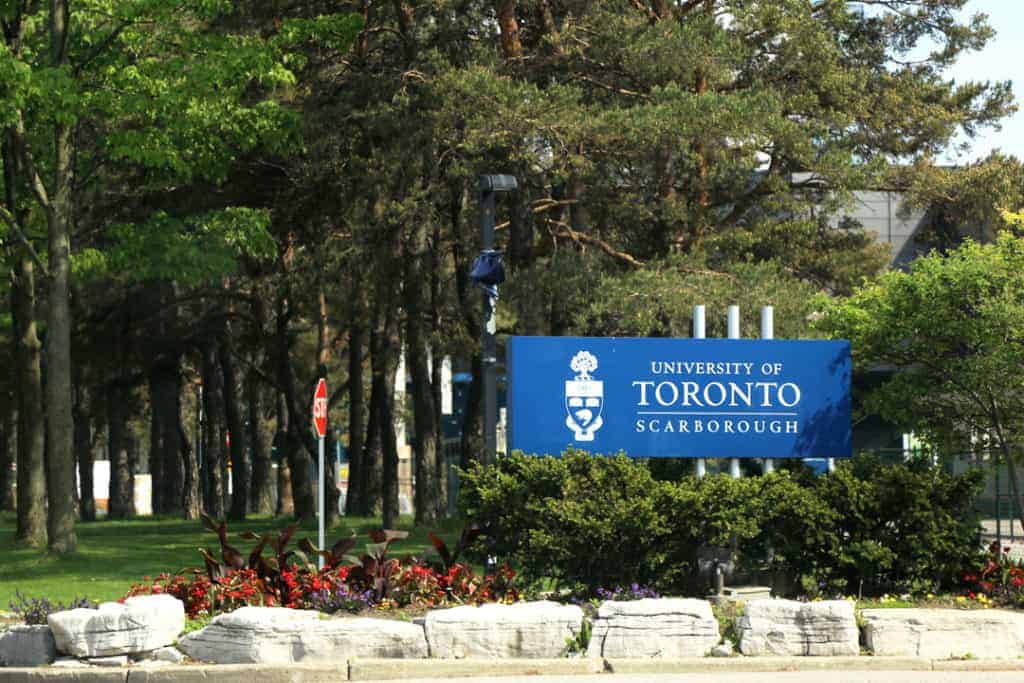Health disparities exist in Canada; they are longstanding, and, in some cases, they are on the rise. Scarborough’s underfunded health-care system is a prime example of Canada’s health inequalities.
Scarborough constitutes 25 per cent of Toronto’s population, and yet facilities at Scarborough receive less than one per cent of hospital donations. According to Dr. Collette Rutherford, Corporate Chief and Medical Director of Obstetrics and Gynecology at Scarborough Health Network, approximately half of the one million people in Scarborough are newcomers and around 75 per cent are visibly minoritized. When looking at these statistics and demographics, it becomes evident that the large discrepancy in hospital funding lies in areas with racialized communities.
To address the grossly underfunded health-care system in Scarborough, UTSC has announced its plan to open the Scarborough Academy of Medicine and Integrated Health (SAMIH), a new medical academy in the Temerty Faculty of Medicine that will create a more inclusive — and an overall better — health-care system for Scarborough and the eastern GTA.
The SAMIH will help improve the health and well-being of local citizens.
The last two years of the MD program at other Temerty Faculty of Medicine academies consist of integrated learning, in which students work in clinical settings to gain practical knowledge. UTSC would likely take a similar approach in its curriculum, and students would work in local hospitals, primary care facilities, and community agencies as part of their training and education. This would help increase the health-care workforce of Scarborough, while students are still in training.
The SAMIH will educate and train 30 physicians, 30 physician assistants, 30 nurse practitioners, and 40 physical therapists per year once it is completely up and running. Overall, the SAMIH will play an integral role in increasing the number of health-care professionals in Scarborough, which will help strengthen the health-care system and promote the well-being of local citizens.
Professor Wisdom Tettey, U of T Vice President and Principal of UTSC, said that the SAMIH hopes to recruit students from Scarborough’s local communities. Given that a significant proportion of the population in Scarborough are newcomers, it is likely that many people from Scarborough that attend university are first-generation students.
It’s no surprise that first-generation college students face many struggles. For example, they struggle to fully utilize the academic and social benefits of higher education due to a lack of knowledge of available resources. Efforts to recruit students for the academy from local communities may help many first-generation students in their education journey.
Patricia Houston, acting dean of U of T’s Temerty Faculty of Medicine, said that the SAMIH will work alongside local community organizations and health-care providers in their efforts to design a curriculum that will teach future physicians how to support the needs of the local Scarborough community. This, in amalgamation with the plan to embed students in local hospitals, primary care facilities, and community agencies, will allow students to gain community specific knowledge.
In addition, UTSC recently established an Institute for Integrated Health Research that the SAMIH will partner with. This institute will address health inequities in the eastern GTA and explore ways to improve community health and well-being.
Scarborough is just one example of the larger health-care inequalities in Canada
In Brampton, a large proportion of the population is made up of immigrants. Unsurprisingly, it is another city where the health-care system cannot meet the population’s needs. There is availability of less than one hospital bed per 1,000 people.
Canada has long-standing evidence of health inequalities among racialized groups. These inequalities contribute to an inequitable lifestyle for minoritized groups by affecting their ability to maintain a good quality of health and well-being throughout their lifetime. This is a critical issue that requires active and consistent initiatives and efforts to improve.
A program will be designed and implemented in the SAMIH to fit the needs of Scarborough’s diverse community and will help address the need for better healthcare. I agree with Vijay Thanigasalam, MPP of Scarborough—Rouge Park, that finally addressing the health-care needs of Scarborough through the SAMIH is “a historic moment.”
Developing an effective policy of action to address health-care inequalities in Canada is pivotal, and the SAMIH is a small step in the right direction.
Shreya Vanwari is a third-year psychology student at Woodsworth College. She is a former columnist for the comment section.


